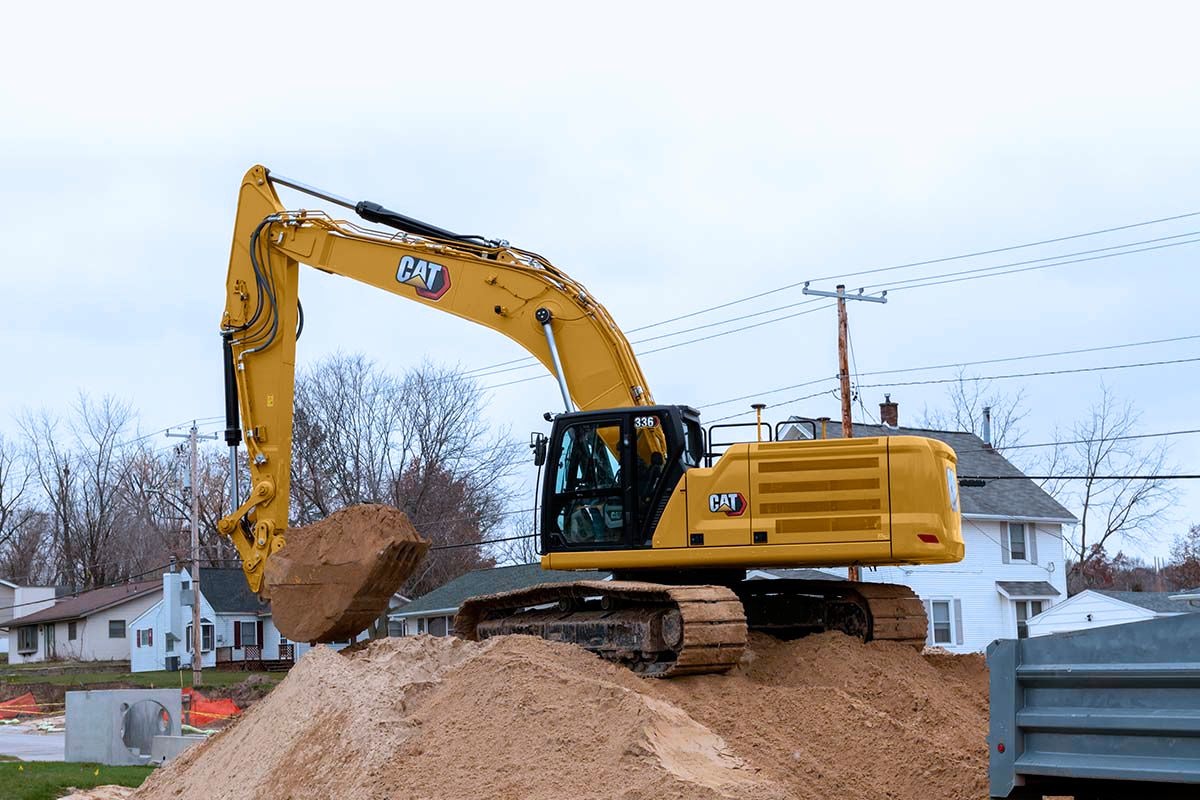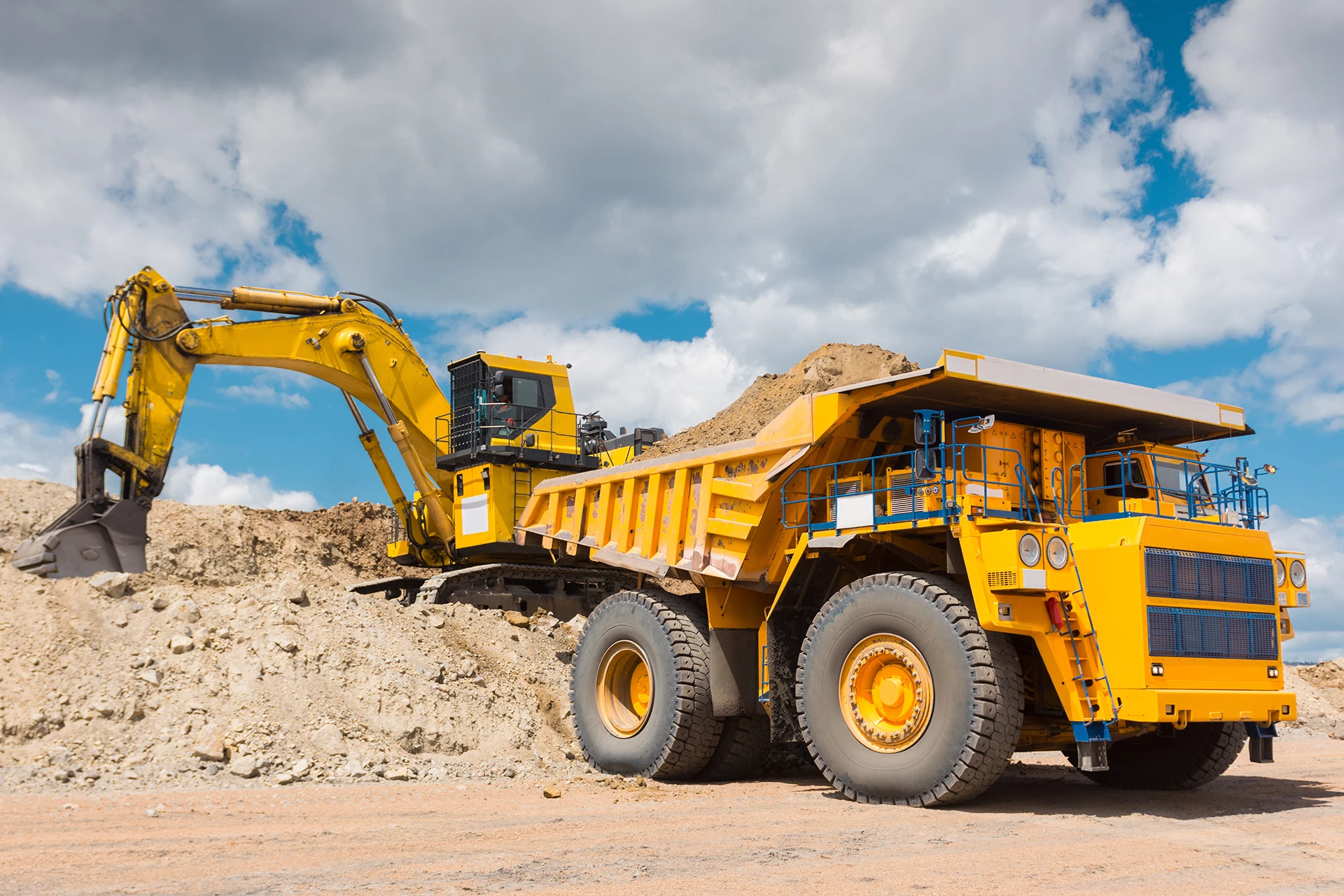Renting Out Vs. Buying Building And Construction Tools: Making the Right Option for Your Task
When getting started on a building and construction task, one of the crucial decisions that predict stakeholders and managers encounter is whether to buy or rent construction devices. The choice hinges on various aspects such as expense factors to consider, task duration, tools maintenance, adaptability, scalability, and risk administration.
Price Considerations
Leasing devices frequently calls for lower first settlements contrasted to purchasing, making it an attractive alternative for short-term jobs or contractors with budget restraints. In the long run, continuously renting tools can build up greater costs than acquiring, especially for extended projects.
On the various other hand, purchasing building equipment involves greater ahead of time costs however can cause lasting cost savings, especially for regular users or long-lasting jobs. Owning equipment provides flexibility, convenience, and the potential for resale worth once the job is finished. In addition, owning equipment permits modification and knowledge with details equipment, possibly raising efficiency and productivity on-site. Inevitably, the choice in between renting and getting construction equipment rests on the job's period, regularity of usage, spending plan factors to consider, and lasting economic goals.
Task Duration

Alternatively, for long-lasting projects or ongoing building and construction work, purchasing equipment can be the much more affordable choice. Buying equipment can bring about set you back savings over time, specifically if the tools will be often made use of. Additionally, possessing tools offers a feeling of control over its accessibility and enables modification to fit details job needs.

Tools Upkeep
Offered the essential function task period plays in determining the most cost-efficient approach in between buying and leasing construction equipment, the emphasis currently moves in the direction of analyzing the important element of tools upkeep. On the various other hand, possessing equipment calls for a proactive technique to upkeep to stop breakdowns, ensure safety, and prolong the equipment's lifespan. Ultimately, a well-maintained building and construction equipment fleet, whether rented out or owned, is vital for the effective and reliable completion of building jobs.
Versatility and Scalability
In the world of building and construction tools monitoring, the element of adaptability and scalability holds significant significance for project effectiveness and resource utilization. Deciding to lease building equipment gives a high level of flexibility as it enables the quick change of equipment types and amounts based upon the progressing requirements of a job. Renting out makes it possible for professionals to access a variety of specific equipment that may be required for particular jobs without the long-lasting dedication of possession. This adaptability is specifically helpful for tasks with varying demands or unsure forklift rental periods (construction equipment rentals).
Renting out building and construction devices uses the benefit of quickly scaling operations up or down as project demands change. Professionals can promptly add or exchange equipment to match the job's changing needs without the constraints of having properties that might end up being underutilized or out-of-date.
Risk Management
Effective risk administration in building and construction tools operations is extremely important to guaranteeing project success and mitigating potential financial losses. Building and construction projects naturally include different risks, such as tools break downs, mishaps, and project delays, which can considerably affect the project timeline and budget. By thoroughly taking into consideration the risks associated with owning or renting out building and construction tools, job managers can make educated choices to reduce these prospective dangers.
Renting construction devices can supply a degree of threat mitigation by moving the responsibility of upkeep and repairs to the rental firm. This can minimize the monetary concern on the job proprietor in instance of unexpected tools failures (mini excavator rental). Additionally, renting out provides the flexibility to accessibility specialized equipment for certain task stages, decreasing the danger of possessing underutilized equipment
On the various other hand, owning construction tools gives a feeling of control over its use and maintenance. However, this likewise implies birthing the full obligation for repair work, maintenance expenses, and devaluation, increasing the monetary dangers linked with equipment ownership. Cautious threat analysis and consideration of elements such as project duration, tools application, and maintenance demands are vital in determining one of the most ideal alternative for effective risk administration in construction projects.
Conclusion
Finally, when making a decision in between renting out and getting building and construction tools, it is necessary to consider cost, project duration, equipment maintenance, danger, scalability, and versatility management. Each variable plays a vital duty in establishing the most ideal choice for the task available. By thoroughly evaluating these elements, project supervisors can make an educated choice that straightens with their spending plan, timeline, and total job objectives.

Comments on “Leading Equipment Rental Company for All Your Needs”